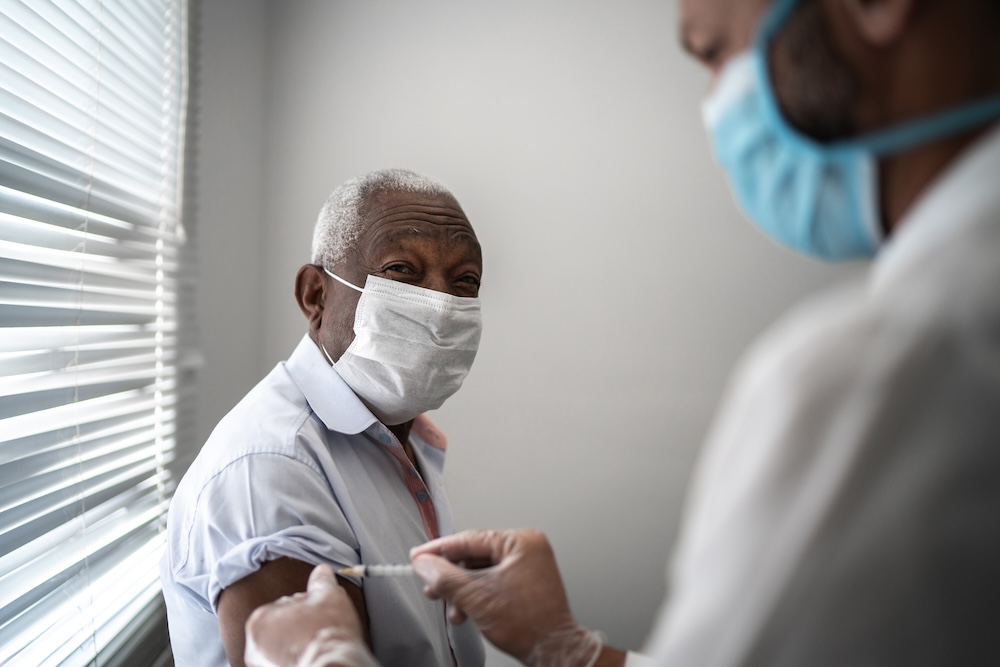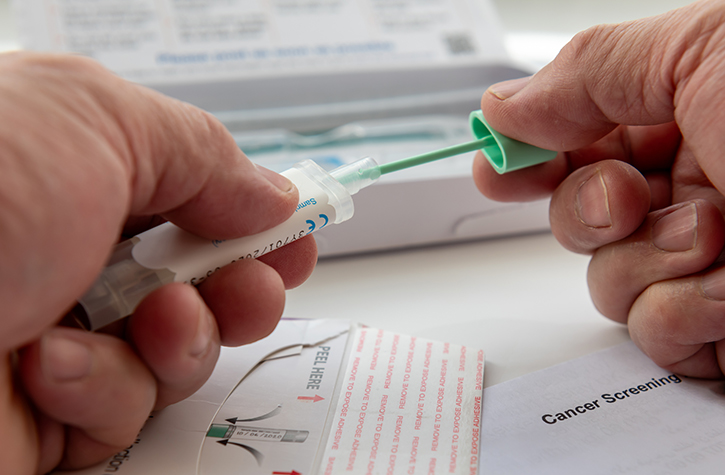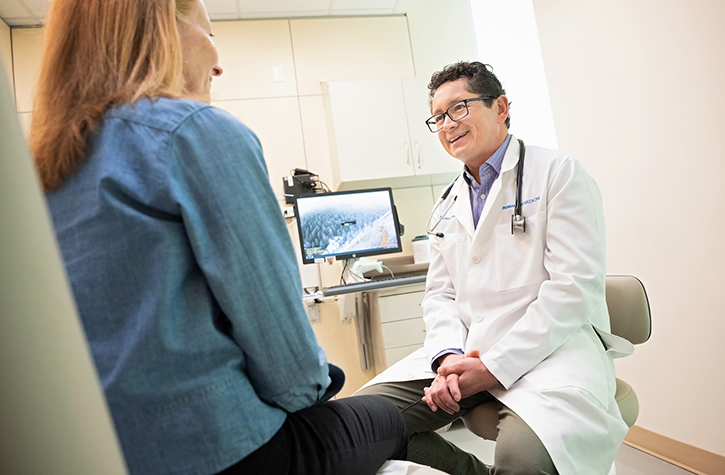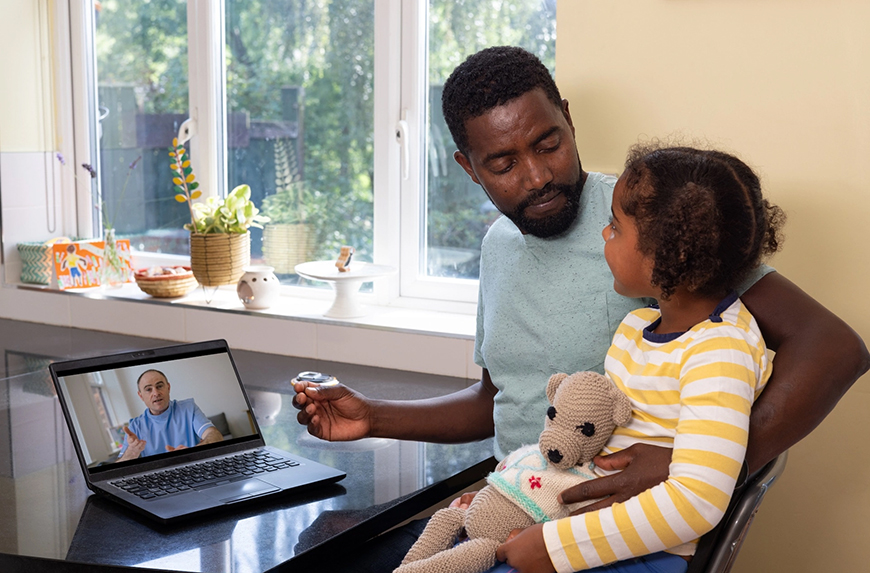Research in the News
DOR researchers are recognized internationally for their scientific expertise and have contributed more than 3,000 scientific papers about how to use health informatics, manage chronic illness, and motivate self-care and disease prevention.
Study underlines importance of COVID-19 booster for cancer patients
Kaiser Permanente researchers show that patients being treated for cancer were much less likely to get severe COVID-19 if they received booster vaccinations against it.
Researchers identify optimal treatments for Helicobacter pylori
Findings from a new Kaiser Permanente Northern California study can help physicians across the nation select the best treatment options for their patients.
Cold drinks can trigger atrial fibrillation
First-of-a-kind Kaiser Permanente Northern California study sheds light on “cold drink heart,” a poorly understood condition.
Colorectal cancer screening program reduced cancer incidence and mortality
Kaiser Permanente Northern California study reports on the impact of 13 years of annual outreach with at-home colorectal cancer testing.
AI-assisted notetaking gains steady support from Permanente physicians
One-year review of ambient scribe technology in The Permanente Medical Group finds evidence it could reduce documentation burden.
COVID-19 illness and vaccines pose no risk to blood donation supply
A unique Kaiser Permanente study confirms safety of using blood donated from people who have been vaccinated against or who have had COVID-19.
Telemedicine can provide timely pediatric primary care
Kaiser Permanente Northern California study finds that telephone and video visits are a good option for kids, but not always a substitute for seeing a clinician in person.
Helping more than 300,000 people quit smoking in Kaiser Permanente Northern California
A new study highlights the success of our comprehensive tobacco screening and cessation program over the past decade.
Breast care coordinators help expand eligibility for cancer genetic testing
Study highlights new KP Northern California program that offers hereditary cancer testing to all newly diagnosed breast cancer patients ages 65 and under.










